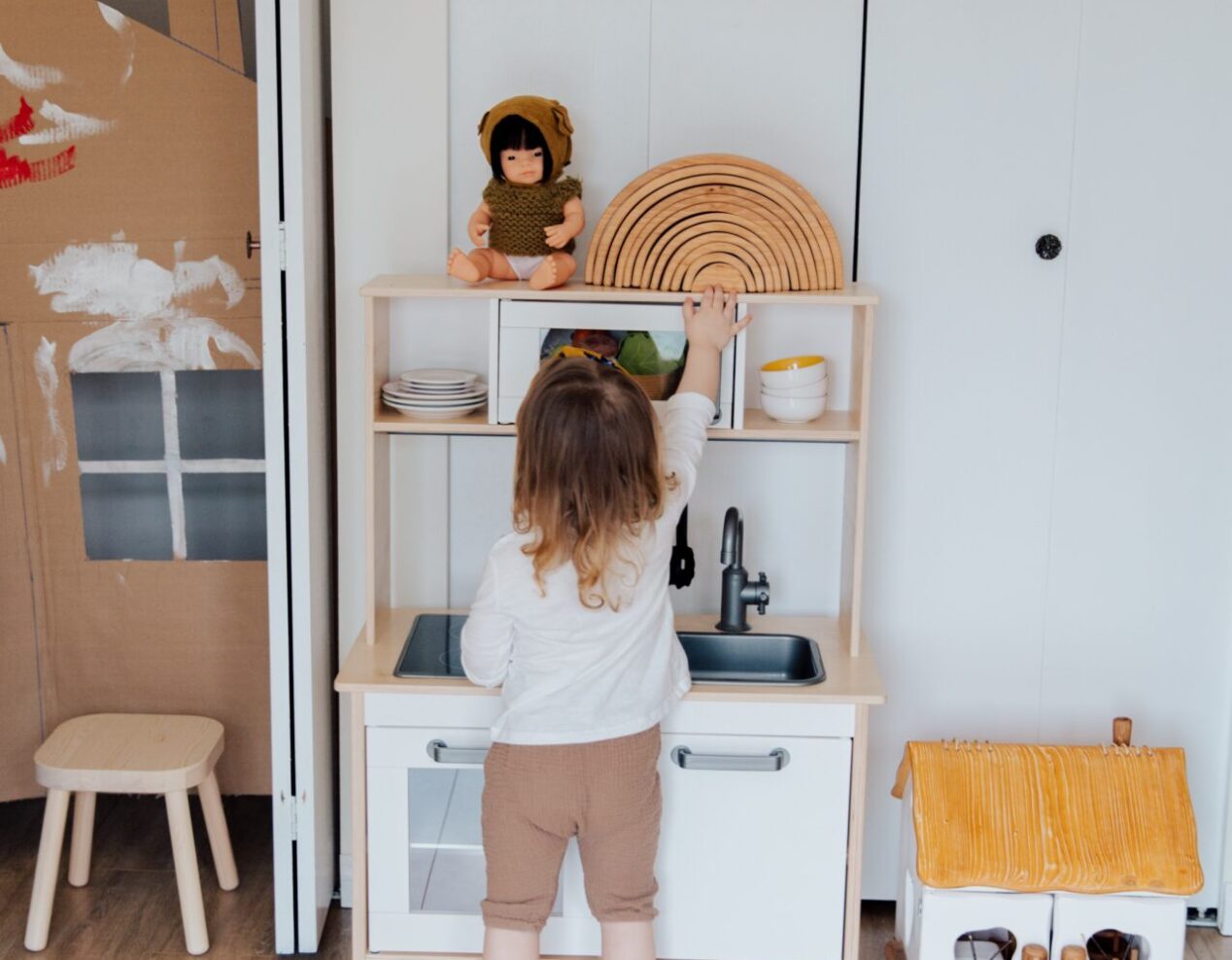Why ‘you put in a lot of effort’ is superior to ‘you’re so intelligent’

“Amazingly intelligent.”
“Skilled at this.”
“A natural at this.”
Such praise is always a pleasure to receive.
Providing your toddler with positive reinforcement is not only a delight for them but also satisfying for you. Moreover, toddlers who receive praise in a positive manner are less likely to seek attention through negative actions.
However, employing certain forms of encouraging language over time can ironically result in your child feeling less inclined to persist, venture, or try new experiences, according to researchers.
For instance, when you tell your child “you’re so intelligent”, you’re essentially applauding an attribute they feel is beyond their control: they are either intelligent or not. This perception, which researcher Carol Dweck refers to as a “fixed mindset”, leads individuals to attribute their success only to their inherent abilities or intelligence.
Alternatively, reinforcement can be given that enables your child to understand that their intelligence, capabilities, and talents can evolve with learning. This is known as a “growth mindset”, and children who embrace it tend to persist through more challenging tasks.
You may be wondering whether this is a complex matter to consider at a later stage, especially when your toddler is only 18 months old. However, research indicates that fostering a growth mindset can have an impact from this stage onwards. If the practice of praising your toddler’s efforts is adopted now, it will be easier to maintain as they grow older. It’s less daunting to establish a habit than to modify one.
Ways to employ a growth mindset to support your child:
Appreciate the effort
Try appreciating the effort and process rather than praising the individual: Say “noticeable effort in maintaining balance” instead of “you’re a superstar!”
Narrate your observations
Talk about what you observe rather than applauding the end product: Instead of “skilled at colouring!” comment “appreciating the variety of colours being used!”
Communicate your feelings when your toddler expresses pride
For example, if your toddler disposes of rubbish in the bin, rather than saying “well done!” you could respond with: “grateful for the assistance in tidying up.”
Adopt neutral language
Exclamations such as “wonderful!”, “observe this!” or “exciting!” offer a method of expressing enthusiasm and encouraging your toddler in a more impartial manner.



